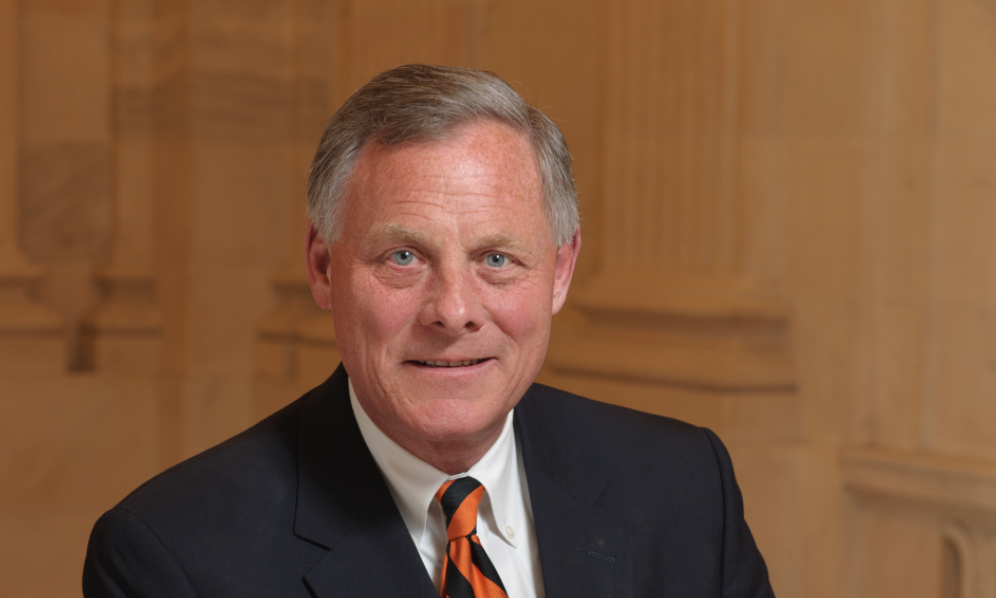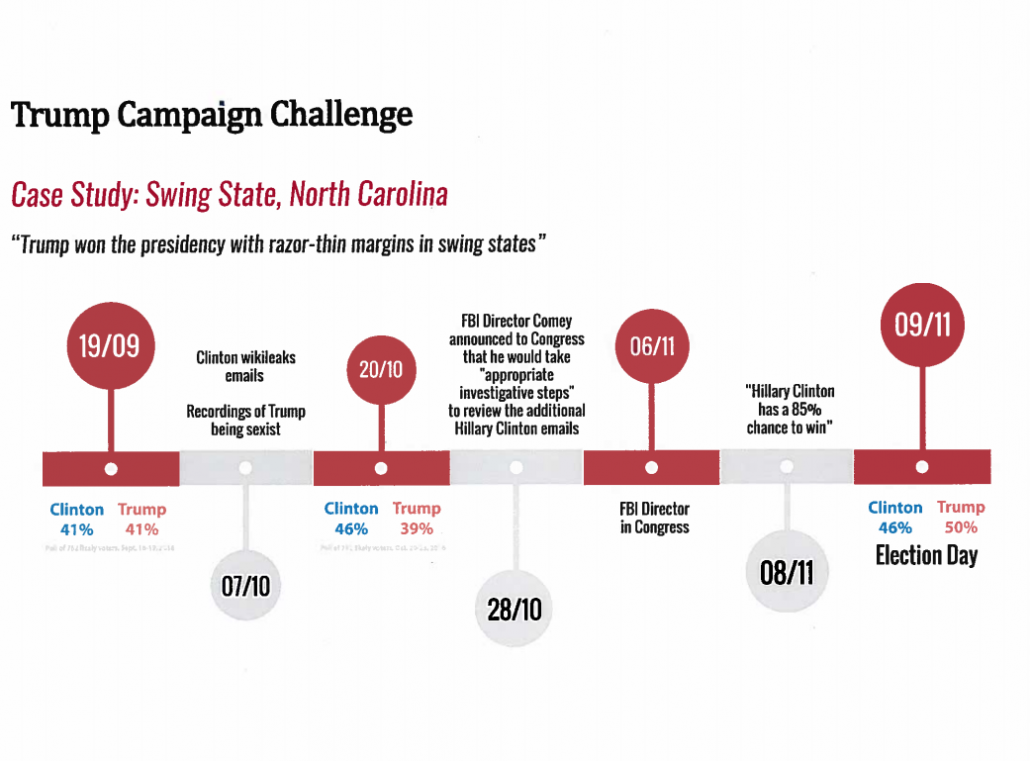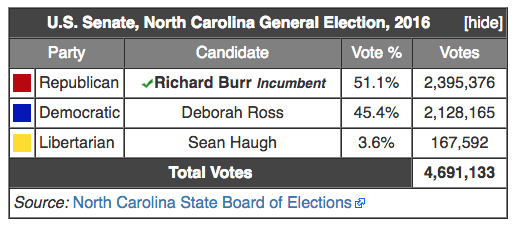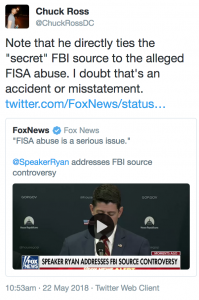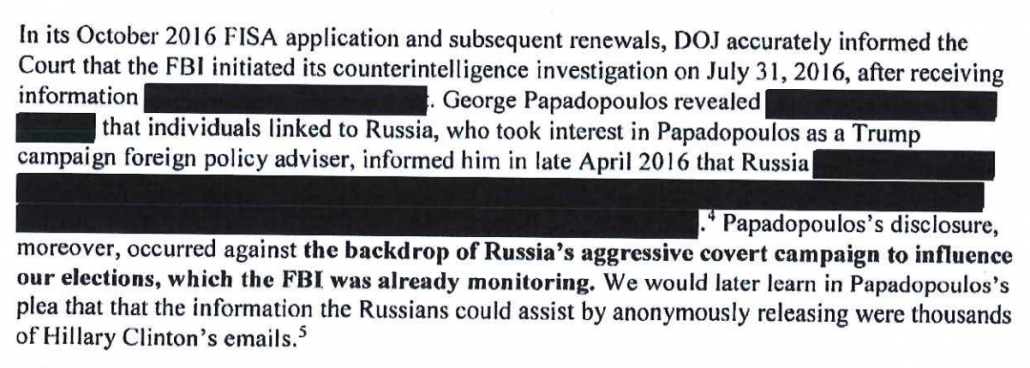I want to pull out a few details regarding the December 1, 2016 meeting between Mike Flynn, Jared Kushner, and Russian Ambassador Sergey Kislyak that come out of the SJC materials released some weeks back. They show that the same day that Jared pitched Kislyak on a back channel, Trump’s handler was in Moscow trying to figure out how to restore communications in the wake of the election.
In his statement (remember, he chickened out of testifying before SJC after Flynn pled guilty, though he attributed the decision to Dianne Feinstein’s release of Glenn Simpson’s transcript), Kushner stated that Kislyak requested the meeting on November 16.
On November 16, 2016, my assistant received a request for a meeting from the Russian Ambassador.
On November 18, Ike Kaveladze texted Aras Agalarov, following up on a phone conversation they had already had, reporting on Rob Goldstone’s outreach to the Trump team to set up a second meeting with Natalia Veselnitskaya to discuss Magnitsky sanctions again.
Q. Could you please take a look at the entry for November 18, 2016, at 17:45. This appears to be a message from you to Aras Agalarov. Mr. Kaveladze, could you please translate the content of that message?
A. “Hello. Rob spoke with Trump people. They asked a short synopsis of what is she going to be discussing. Last time she produced a lot of emotions and less facts. Most of the people who took part in that meeting are moving to Washington, D. C. Some of them already fired. When they receive synopsis, they will decide who to send to that meeting.”
The text is bizarre for several reasons. While Kaveladze’s English is not great, the description of what has happened to the attendees at the June 9 meeting would suggest more than three attendees, not least because by saying “some” people got fired suggests more than one person — Paul Manafort — had been. In any case, the text makes it clear that the Agalarovs had already started their efforts to resume the discussion about raising Magnitsky sanctions first presented during the summer, which Don Jr had said in that meeting they would revisit after his father won.
Indeed, while we don’t know when those calls occurred, the outreach seems to nearly if not exactly coincide with Kislyak’s outreach to Kushner, the one known June 9 meeting attendee who was already headed to Washington.
In his testimony, Goldstone claimed he hadn’t done the outreach clearly reflected in Kaveladze’s text and hadn’t forwarded Veselnitskaya’s document the previous week, as reflected in another text to Kaveladze.
Q. So in your November 27th message to Mr. Kaveladze, you said you forwarded the information last week. The last email was an email sent on November 28th, the day after this message with Kaveladze, forwarding the document to Ms. Graff. Had you, in fact, forwarded the document the week before your November 27th message with Kaveladze?
A. I don’t recall, but because I know myself, and I know how I write , I would imagine that the minute he reminded me of it in here, I forwarded it to Rhona, probably the next day. So I don’t recall one before then, no.
Q. All right. Prior to sending that email to Ms. Graff on November 28th, 2016, did you speak with Ms. Graff or any other Trump associates about a second meeting with Veselnitskaya?
A. I don’t believe so.
The Kaveladze transcript and his text messages reveal that the efforts to get Veselnitskaya back in to meet with the Trump team continued for the rest of November.
Probably because he was interviewed before Kaveladze’s documents were provided to the committee, Don Jr was not asked about any of those texts (and Goldstone wasn’t asked about the Kaveladze ones that clearly rebutted his story). Don Jr was asked only about a November 28, 2016 email from Goldstone to Rhona Graff forwarding Veselnitskaya’s document, which was not CCed to Junior. Even though he was probably the one whom Goldstone spoke to and was instructed by to send a synopsis and probably got a synopsis a week before Graff did, Junior claimed not to recall any other follow-up besides the email to Graff.
Q. It appears Mr. Goldstone continued his anti-Magnitsky effort beyond your June 9, 2016 meeting. Other than this e-mail, were you aware of any other effort he made on this issue after your meeting?
A. Not that I recall, no.
Goldstone told Kaveladze he made a bunch of calls following up on the synopsis on November 28, but got no response (though he testified he didn’t make the calls because he didn’t want to pitch the second meeting). He also texted Kaveladze about having Emin call “Trump” (presumably Junior) directly.

In a text on November 29 to Veselnitskaya, Kaveladze explained, without describing from whom Goldstone had learned this, that “Robert says that logistics of organizations of meetings with Team Trump now would be difficult and lengthy. I’ve landed in Moscow. I will discuss this situation … with my boss.”
The next day, December 1 at 11:49AM, Kaveladze texted again (Veselnitskaya was by this point frantic because Trump had met with Preet Bharara, with her even discussing who Trump might, “Wet and not to wet” with respect to the US Attorney, which Kaveladze translated as “crush”), explaining that Aras planned on meeting with Trump to restore communications. “Unfortunately, we don’t have communication. My boss planned to meet with him. We will send a formal request. Hopefully after the meeting we will keep communication.”
The timing on all of Kaveladze’s communications are difficult to track since he travels to Moscow so often, but his time stamps probably reflect PT, meaning that text would have been sent in the evening Moscow time, which is 7 hours ahead of DC.
On December 1, Jared Kushner (the one June 9 meeting attendee definitely on his way to DC at that point) and Mike Flynn met with Sergey Kislyak. Even according to Jared’s prepared statement, that meeting was about establishing communication channels to Russia.
The meeting occurred in Trump Tower where we had our transition office, and lasted twenty-thirty minutes. Lt. General Michael Flynn (Ret.), who became the President’s National Security Advisor, also attended. During the meeting, after pleasantries were exchanged, as I had done in many of the meetings I had and would have with foreign officials, I stated our desire for a fresh start in relations. Also, as I had done in other meetings with foreign officials, I asked Ambassador Kislyak if he would identify the best person (whether the Ambassador or someone else) with whom to have direct discussions and who had contact with his President. The fact that I was asking about ways to start a dialogue after Election Day should of course be viewed as strong evidence that I was not aware of one that existed before Election Day.
The Ambassador expressed similar sentiments about relations, and then said he especially wanted to address US. policy in Syria, and that he wanted to convey information from what he called his “generals.” He said he wanted to provide information that would help inform the new administration. He said the generals could not easily come to the U.S. to convey this information and he asked if there was a secure line in the transition office to conduct a conversation. General Flynn or I explained that there were no such lines. I believed developing a thoughtful approach on Syria was a very high priority given the ongoing humanitarian crisis, and I asked if they had an existing communications channel at his embassy we could use where they would be comfortable transmitting the information they wanted to relay to General Flynn. The Ambassador said that would not be possible and so we all agreed that we would receive this information after the Inauguration. [emphasis original]
Of course, intercepts of Kislyak’s calls back to Moscow captured his alarm that Kushner wanted to use Russian diplomatic facilities to communicate with Russia.
Ambassador Sergey Kislyak reported to his superiors in Moscow that Kushner, son-in-law and confidant to then-President-elect Trump, made the proposal during a meeting on Dec. 1 or 2 at Trump Tower, according to intercepts of Russian communications that were reviewed by U.S. officials. Kislyak said Kushner suggested using Russian diplomatic facilities in the United States for the communications.
[snip]
Kislyak reportedly was taken aback by the suggestion of allowing an American to use Russian communications gear at its embassy or consulate — a proposal that would have carried security risks for Moscow as well as the Trump team.
In any case, this makes it clear that the same day that Trump’s handler, Aras Agalarov, was discussing restoring communication channels with Trump in the post-election period, Jared was pitching the Russian Ambassador on using Russian facilities to conduct such communication. And even though Kushner claims he and Kislyak deferred such communications until after the inauguration, we know that within weeks, Kislyak had set up a meeting with the head of a sanctioned bank to meet with Kushner, a meeting that would precede Flynn’s calls with Kislyak about delaying any response to Obama’s December 28 sanctions, which would, in turn, lead to another meeting in Seychelles, all before the inauguration.
Natalia Veselnitskaya never got her second meeting to pitch the end to Magnitsky sanctions, but Sergey Gorkov got a meeting.
One more detail. Kushner’s statement suggests the meeting with Kislyak took place in formal transition space. But that’s not the case.
Don Jr revealed that meeting took place in his office (he came in at the end, sweaty from a workout).
Q. You mentioned during the conversation with my colleagues that you had become aware of a meeting or meetings with Ambassador Kislyak. Can you just explain like what meetings did you become aware of? When did they take place?
A. I don’t remember the exact timing of when they took place. I believe it was after we had already secured — meaning after the election, but I could be mistaken. The only reason I’m aware of it is because it occurred in my office. I came back from the gym and they were in there.
Q. So when you say after the election, you mean after November 8, 2016?
A. I believe so.
Q. Was it a meeting in December of 2016?
A. That would fit the description, yes, I believe so.
Q. So it was a meeting in Trump Tower?
A. Yes.
Q. In your office but you hadn’t known about it beforehand?
A. Correct.
Q. Do you know why they used your office?
A. It was open, I was at the gym.
Q. And who was in that meeting?
A. I believe it was Jared Kushner, the Ambassador, maybe Flynn, but I don’t remember.
Q. Anyone else, to the best of your recollection?
A. No, not that I recall.
Q. Was the meeting still ongoing when you returned?
A. I believe it was, yes.
Q. Did you go in and join the meeting?
A. No, I did not.
Q. Why not?
A. Because I didn’t know what it was about and I was sweaty from the gym.
Q. Did you ask Mr. Kushner or Lieutenant General Flynn about the meeting after?
A. No, I don’t think I did.
Don’t people shower at the gym before they head back to work? Especially if it’s a fancy schmancy private gym?
At the very least, this suggests that the meeting between Kushner, Flynn, and Kislyak took place outside of formal transition space, which might mean it took place outside the view of Secret Service (a habit Don Jr himself adopted the following year for a period). Don Jr’s claims to have been at the gym, ignorant to the meeting that seemed to parallel one taking place that day in Moscow between Agalarov team members in the wake of discussions about Emin reaching out to Don Jr, are suspicious, not least because he claimed to have forgone the normal shower process following a workout. Had he been in the meeting, you’d think Kislyak would have reported that back. Maybe he did.
But one thing is clear: In NYC and Moscow, on the same day, the Trump team and their Russian handlers were trying to figure out how to restore communications in the wake of the election.




